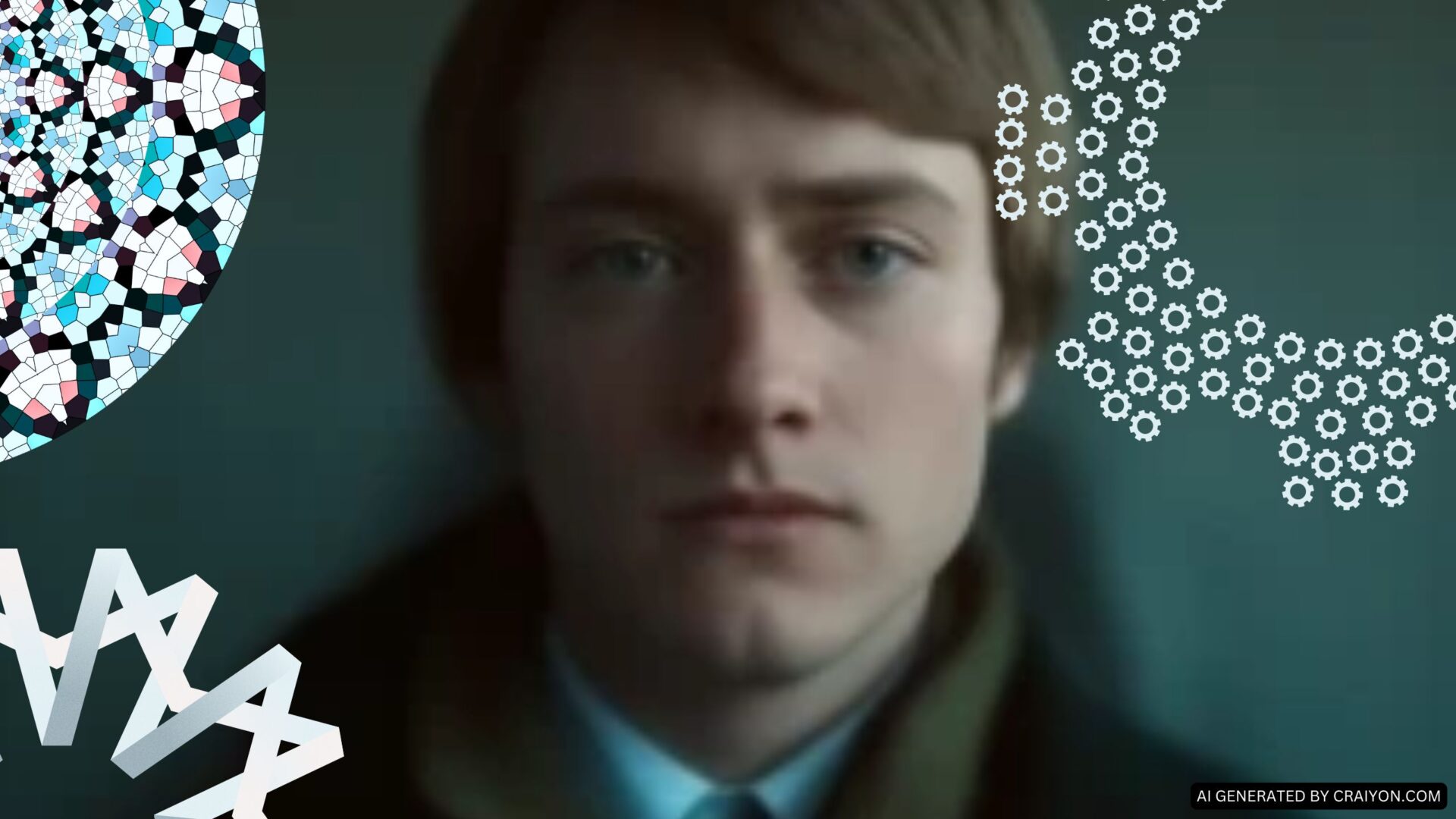The Link Between Necrophilia, Pedophilia, Zoophilia, and Gerontophilia: A Study of Opportunity and Circumstance
A Study on Paraphilias: Examining Contextual and Psychological Factors Paraphilias, a category of atypical sexual behaviors, include a range of interests such as necrophilia, pedophilia, zoophilia, and gerontophilia. These behaviors often emerge due to a complex interplay of psychological predispositions, environmental influences, and situational opportunities. This study aims to explore how circumstances may contribute to … Read more
Continue Reading








